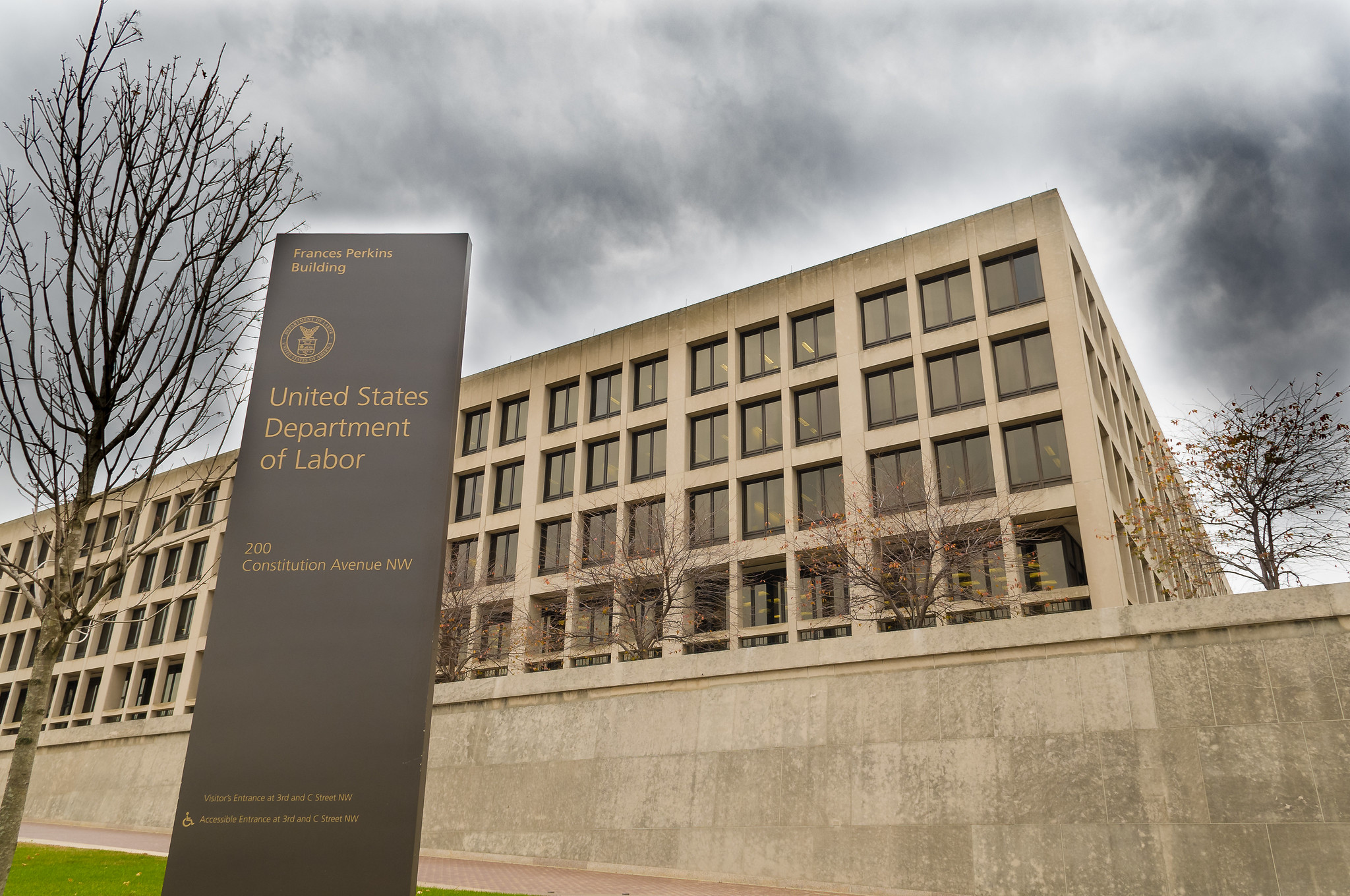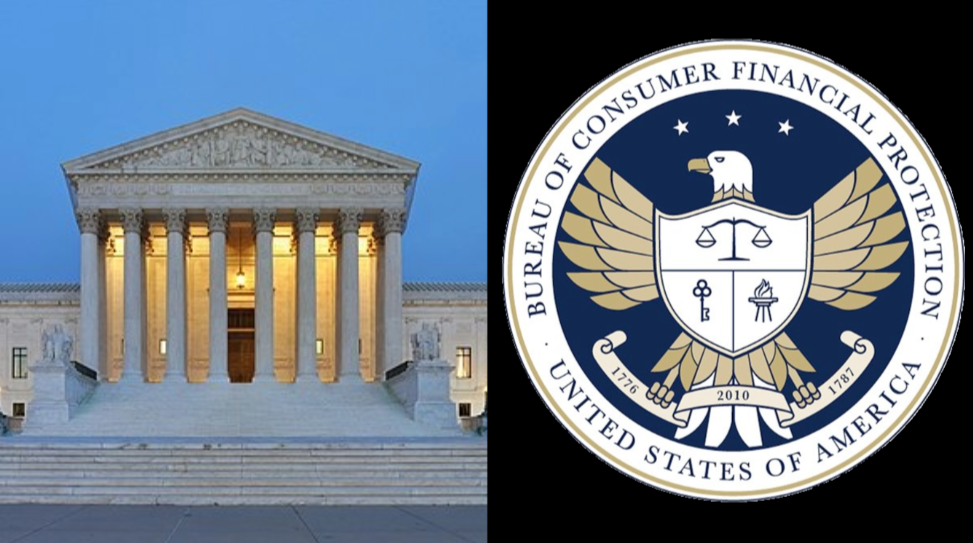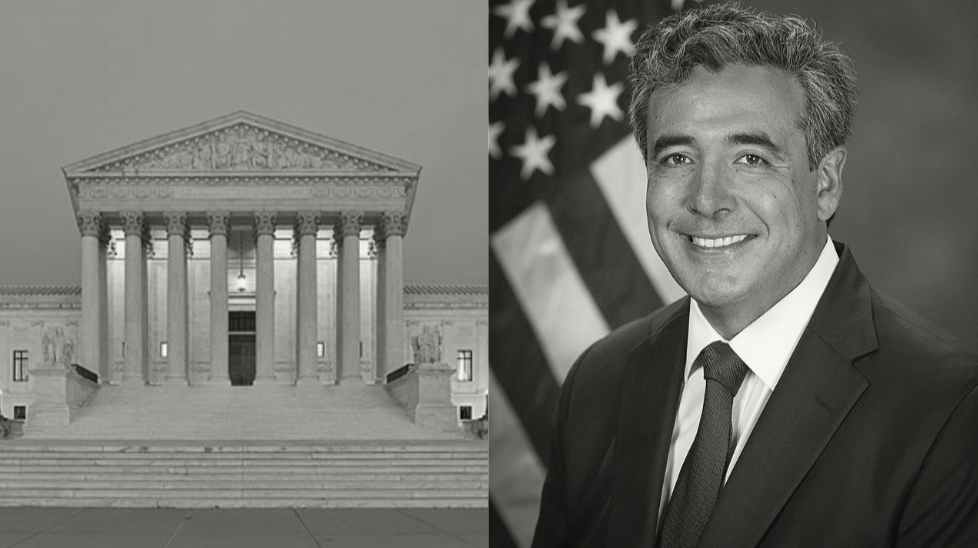Our Blog

October 13, 2023
RELEASE: JUDGE INVESTED IN BIG TECH SHOULD NOT DECIDE ON CONSTITUTIONALITY OF LAW THAT BIG TECH LOBBIED AGAINST

October 11, 2023 | Revolving Door Project Newsletter
Calcasieu Pass Makes Its Billions From Polluting Louisiana in the Wake of Putin’s War
On Thursday the 19th, the Federal Energy Regulatory Commission is expected to vote on whether to approve Calcasieu Pass 2, a massive long-term natural gas liquefaction and export facility that intends to export 20 million metric tons of planet-warming methane gas a year. Dodging its responsibility so far to consider the full range of consequences of its infrastructure permitting decisions, FERC looks set to greenlight this monstrosity. As this newsletter will explore, not only are the global climate consequences of new gas export infrastructure enormous, but the immediate impacts are keenly felt by the local community inundated with pollution from the original Calcasieu Pass facility.

October 09, 2023 | The American Prospect
America's Pipelines Are a Disaster Waiting to Happen
The underfunded agency overseeing tens of thousands of miles of dangerous pipelines has not had an official leadership for years.
October 06, 2023
How Do You Get Tricked By The Effective Altruist Schtick When The Guy Is In Jail?
Somehow, Author Michael Lewis Has Fallen For SBF’s Unkempt, Well-Meaning Genius Gimmick That Beguiled Most Of DC And The Media. He’s Held On To This Idea Almost A Year Since Bankman-Fried Was Exposed.
October 04, 2023 | Revolving Door Project Newsletter
“This Fish Stinks From The Head”
It’s been an eventful week, to say the least. We have a smattering of political updates to share, many of them rooted in the ongoing saga of MAGA-led obstruction of government function. But first, we want to address an instance of overt violence spurred by Trump’s hate-filled rhetoric.

October 02, 2023
Hey MSNBC—Stop Booking Corporate Hack Neal Katyal
The ex-Solicitor General is a protector of oligarchy, not democracy.

October 02, 2023 | The American Prospect
Op-Ed Consumer ProtectionEthics in GovernmentFinancial RegulationIndependent AgenciesJudiciarySupreme Court
Clarence Thomas Has Yet Another Huge Conflict of Interest
Revolving Door Project research reveals that right-wing elites in the Horatio Alger Association stand to benefit from a lawsuit attempting to destroy the CFPB. The group has close ties to Clarence Thomas.

October 02, 2023
Clarence Thomas Must Recuse From Harlan Crow-Backed Challenges To New York Rent Control Law
In response to the news that Clarence Thomas participated in the Supreme Court decision to deny cert in the first of three challenges of New York City’s rent control law, Revolving Door Project Executive Director Jeff Hauser released the following statement.

September 29, 2023
Kenny Stancil Emma Marsano Jeff Hauser
Press Release Administrative LawConsumer ProtectionCorporate CrackdownExecutive BranchGovernment CapacityLabor
RELEASE: Watchdog Group Warns MAGA-Engineered Shutdown Will Make October a Great Month to Be a Corporate Criminal
Joe Biden must be direct with voters and tell them that the worst actors in corporate America are the biggest beneficiaries of the Republican shutdown.

September 29, 2023
Blog Post Administrative LawConsumer ProtectionCorporate CrackdownExecutive BranchGovernment CapacityLabor
MAGA-Engineered Government Shutdown Will Make October a Great Month to Be a Corporate Criminal
The forces that stand to benefit most from a Republican-imposed government shutdown are corporate miscreants—a fact that President Joe Biden and his Democratic surrogates should point out.

September 28, 2023
Blog Post Consumer ProtectionEthics in GovernmentFinancial RegulationIndependent AgenciesJudiciarySupreme Court
Everything You Should Know About The CFPB SCOTUS Case
Corporate predators and their Republican lackeys want our corrupt Supreme Court to make fraud legal again. Their greed could yield catastrophic economic damage.
September 28, 2023 | Newsweek
The Biden Administration Should Pursue a Corporate Crackdown Led by Kamala Harris
High profile executive branch leaders should routinely single out specific corporations for the negative impacts they have on people, while enthusiastically enforcing existing regulations to penalize those corporations for their abuses.

September 27, 2023 | Revolving Door Project Newsletter
New Watchdog Reports Highlight Insufficient EPA Enforcement Ahead Of Shutdown
Corporate greed and emaciated federal regulatory capacity means people are needlessly suffering physically, and sometimes even dying. That’s the upshot of two recent reports from the EPA’s Office of the Inspector General (OIG). These reports illustrate the concerning state of environmental regulation and enforcement in regards to water quality and refinery emissions.

September 26, 2023
Blog Post BigLawConsumer ProtectionDepartment of JusticeFinancial RegulationRevolving DoorSupreme Court
Payday Lenders Repped In CFPB Case By Firm That Picked Trump’s SCOTUS Nominees
Jones Day, the Trump admin’s favorite law firm and home of its most notorious alums, is trying to kill the Consumer Financial Protection Bureau.
